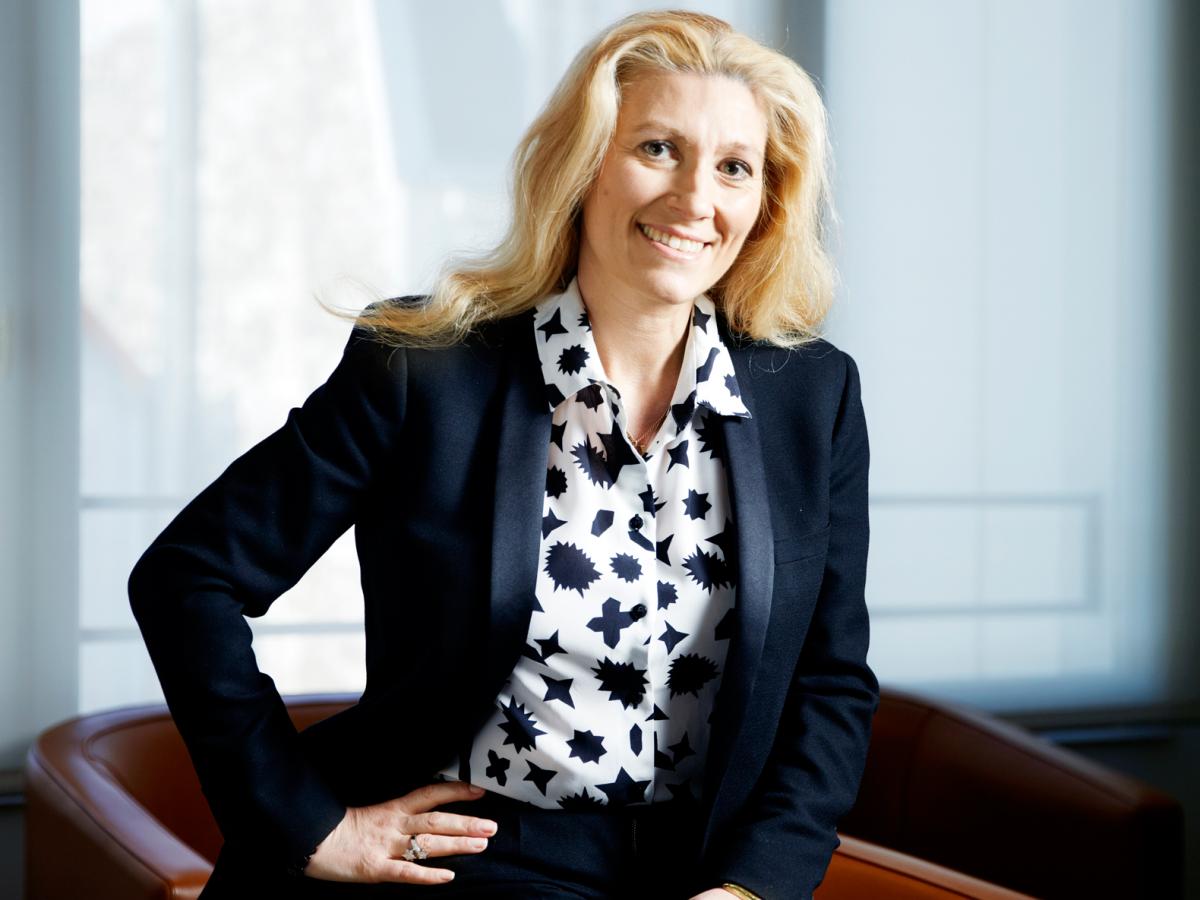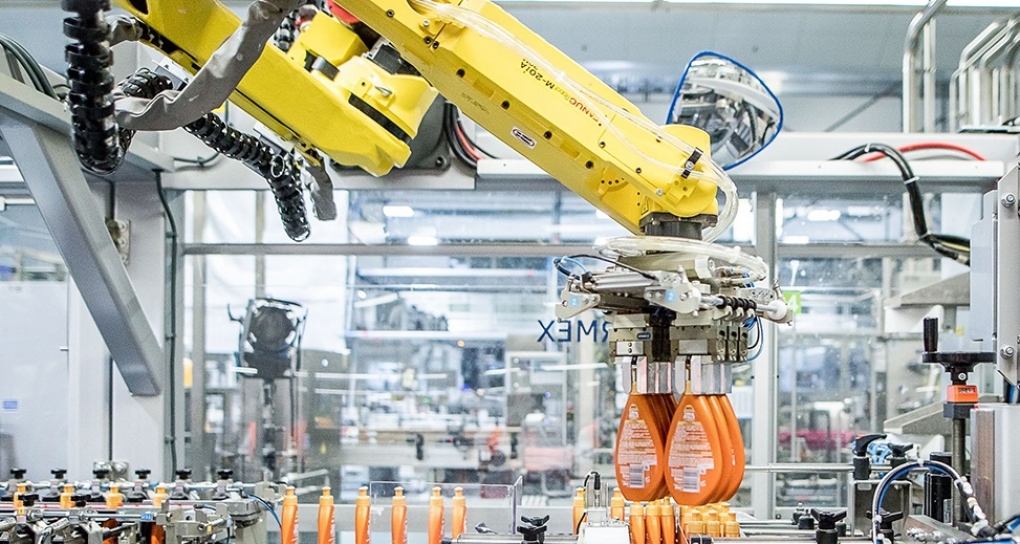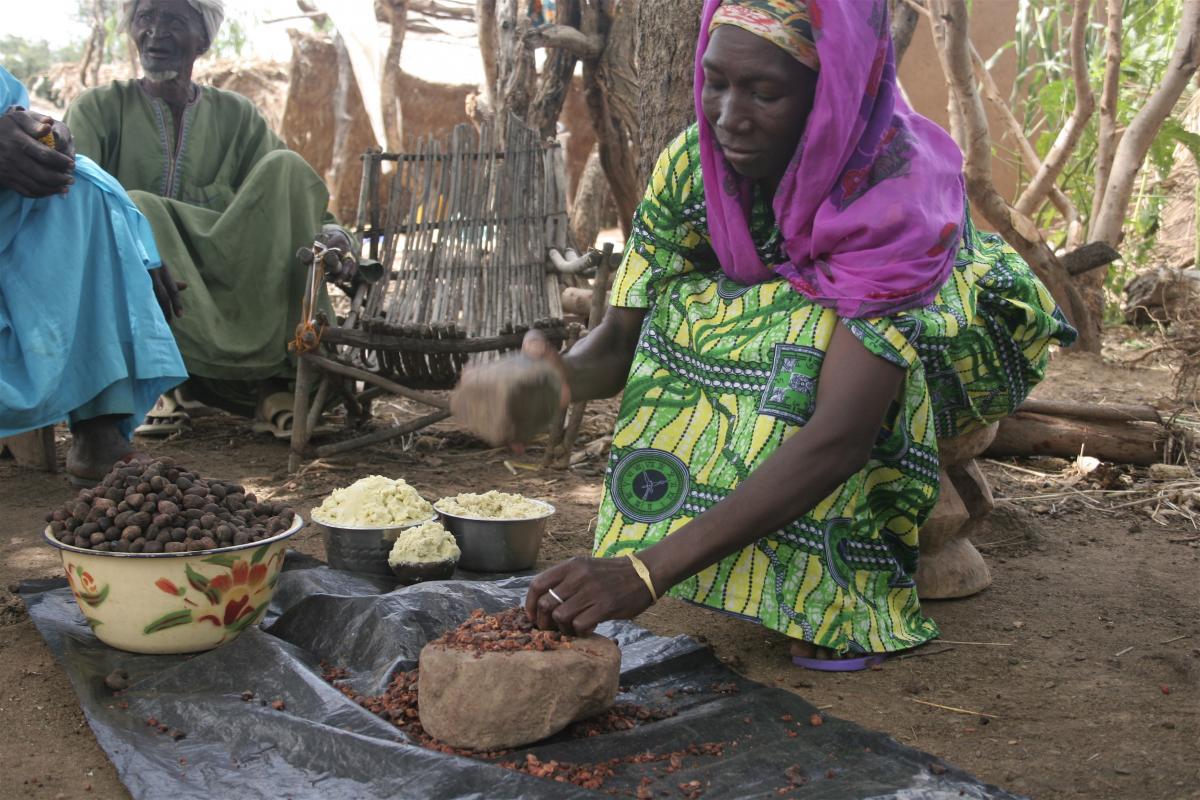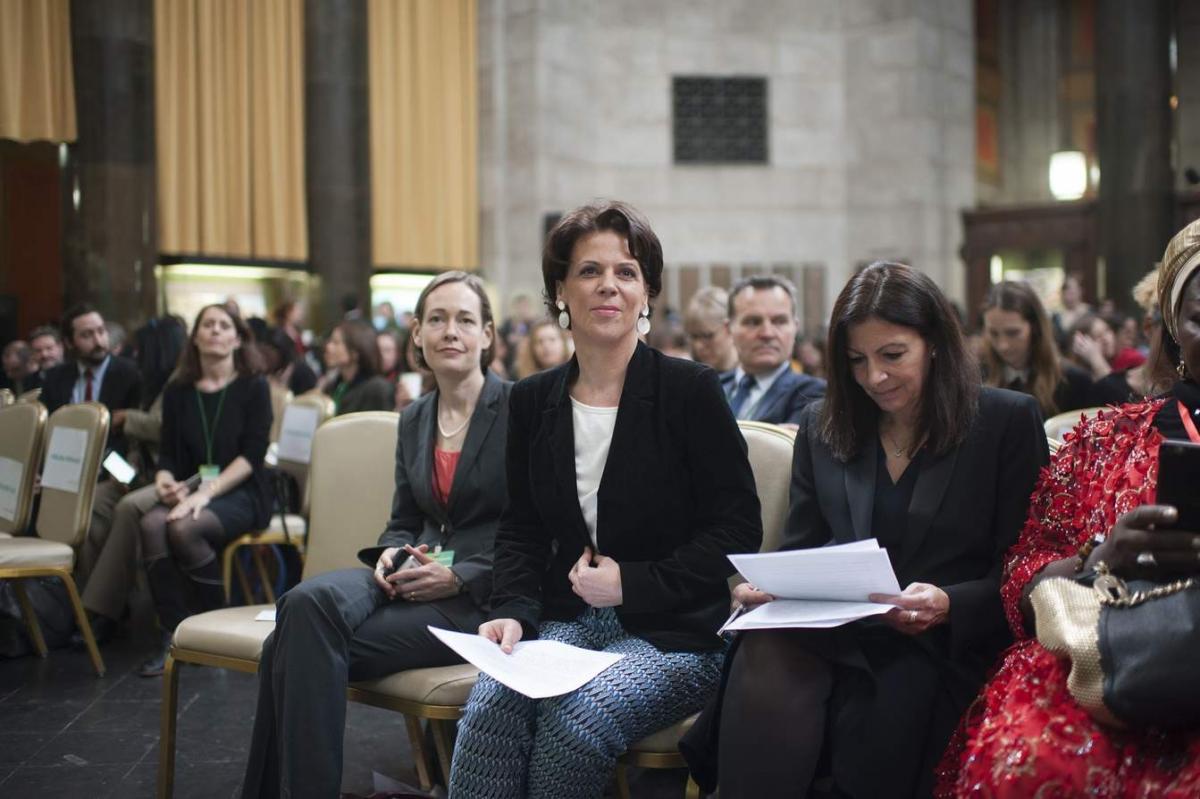Kering and L’Oréal are among the French brands that are working to get global business on a more sustainable footing. Terry Slavin and Stuart Buckman report
With 12 French companies among the top 100 on Corporate Knights 2017 list of most sustainable companies, France vies with the UK (which got 11) and the US (19) for global leadership in corporate social responsibility.
KPMG’s worldwide survey in 2015 on CSR reporting showed that France leads the world on third-party verified corporate responsibility reporting, with 96% of companies reporting annually (compared to 61% of UK companies).
In 2009 and 2010, the French Parliament adopted two laws named the Grenelle Acts, the result of a lengthy open consultation process with NGOs, trade unions and businesses that established a consensus around tackling environment and sustainable development issues. Section 225 of the act made the production of an annual report on CSR matters mandatory not only for listed companies but for unlisted companies with more than 500 employees and €100m in revenue.
Marie-Claire Daveu, chief sustainability officer of luxury goods company Kering, was one of the key architects of the Grenelle laws, having held various cabinet posts, including minister of ecology, sustainable development, transport and housing, until she left government to join Kering in 2012.
In an interview with Ethical Corporation last year, she said Grenelle was transformative because for the first time all stakeholders were given an equal voice around the table. “What was very powerful was the fact that you had all the stakeholders agreeing on a diagnosis, agreeing that we had to act and agreeing on an action plan. That’s how you have to do it if you want to do something on the environmental side. If it comes from the top down and people are not convinced, they will say yes, yes but they won’t move.”
No one could accuse Kering of unwillingness to move. Kering, whose brands including Gucci, Saint Laurent, Stella McCartney and Alexander McQueen, ranks 80th on the Corporate Knights 2017 list. With a €12bn turnover and 35,000 employees, its environmental impacts are under 45% the average for its size.
Putting a price on emissions
Early this year Kering announced an ambitious 10-year programme to go even further, and reduce its CO2 emissions by 50% and total environmental impacts by 40% by 2025. It also said 100% of its suppliers would meet Kering’s high standards for raw materials and processes by 2025.

In 2013 Kering pioneered a new natural capital accounting method called Environmental Profit and Loss (EP&L). Through the EP&L, Kering measures not only the impact of the group’s core retail operations and manufacturing and product assembly but those associated with producing and processing its raw materials, which account for 75% of all its impacts. It then estimates the monetary cost to society from those activities in terms of greenhouse gas emissions, water use, pollution, waste production and land use changes.
Putting a monetary value on its impacts has given them visibility, and allowed the company to prioritise action, leading it to set up its own supply chains for, among others, ethically sourced gold, organic cotton, and heavy-metal-free tanning processes for leather.
Daveu likens the investment required to set up sustainable supply chains for raw materials as similar to renewable energy – involving higher cost at the outset, but payback in the long run. That is why Kering’s sustainability programme is over 10 years, rather than three or five.
When Kering first set up its ethical gold supply chain three years ago it cost the group a 25% premium. Now, she says, through a lot of work with stakeholders, the premium for ethical gold is less than 1%.

Kering is happy to share its knowledge with competitors, Daveu says. “As Francois-Henri Pinault [Kering’s CEO] says, we don’t do this for competitive advantage. Of course it’s good for our business because it stimulates innovation and creativity, but Kering isn’t big enough to change the entire supply chain. If we want to change the paradigm, we can’t do it alone.”
Worn Again
Kering’s EP&L is being used in the Natural Capital Protocol, the new global methodology for environmental accounting, and the company has also been collaborating with the B Team and the World Business Council of Sustainable Development.
Kering has also been sharing the results of its work at a Materials Innovation Lab in Italy, which it set up to identify sustainable new raw materials and conduct research into how existing materials can be used in a more sustainable way. It has compiled a library of 2,600 sustainable fabrics and textiles, which is available to other companies as well as its own brands and suppliers. The new sustainability strategy calls for the library to be expanded to focus on materials for watches and jewellery.
Innovation in waste reduction includes working with UK start-up Worn Again on a process to separate cotton and polyester-blend materials so the cotton and polyester can be spun into new fabrics, and making new products from waste, like leather from orange peel.
One of Kering's fastest-growing brands, the eco-label Stella McCartney, for example, uses polyester from recycled water bottles in all its handbags.
But while the new sustainability strategy has “innovation at its heart”, Daveu says most of her team’s work is focused on making sure best practice is implemented, ensuring, for example, that the goats’ wool that is used in its brands’ fine cashmere sweaters are farmed in a sustainable way.
While other key raw materials in the luxury industry, like cotton, silk and leather, can be produced in modified farming systems, cashmere production centres on natural grasslands in Mongolia that are especially vulnerable to environmental change.
Kering’s brands are working with their suppliers to create sustainable herding practises and holistic management of pasturelands.
“We don’t see sustainability as a cost, but as an investment,” Daveu says. “In luxury we use so many raw materials that come from nature. If you want to continue your business, you have to make sure you take care of the planet.”

L'Oréal
Another big French consumer-facing brand on the Corporate Knights list is L'Oréal, the world's biggest producer of personal products, with sales of almost €26bn in 2016.
The company has seen sales volumes grow 29% since 2005, but has decoupled CO2 emissions from growth.
L'Oreal revealed in its 2016 update on its Sharing Beauty with All sustainability strategy that its CO2 emissions have fallen 67% since 2005, reaching the 2020 goal of cutting CO2 emissions by 60% four years early. Water consumed per finished product has declined 46% (against a 60% target), while waste generated has fallen 35%.
Part of the strategy is to reduce emissions in its supply chain through its “carbon insetting” programme. For example, in Burkino Faso, where L’Oreal sources all of its shea butter, an ingredient in 1,200 of its products, an investment in 1,500 clean cook stoves and training in better production practices reduced timber consumption by 800 tonnes in 2016, and avoided 2,300t of CO2 emissions.
L’Oreal has a 2020 target for 100% of new or renovated products to have an improved environmental or social profile, mainly through the use of renewable raw materials sourced from sustainable supply chains or processed using green chemistry. In this goal it has drawn on the expertise of The Body Shop, which it acquired in 2006. By last year L’Oreal had achieved this for 82% of new products.
Bonuses for brand and country managers are linked to environmental targets, and the sustainability department reports directly to CEO Jean-Paul Agon.
Industry leading
L'Oreal's efforts have earned it a triple A rating from the CDP — a distinction it shares only with Unilever — for its industry-leading efforts in removing deforestation from its supply chain, cutting CO2 emissions and water management.
In May, L'Oreal announced it had signed a memorandum of understanding with French resources management company SUEZ to help it improve environmental performance and optimise resource management across the group's entire value chain. The targets include a neutral or even positive water footprint at some sites, improving the renewable energy mix and greater reuse and recycling of waste. Future plans include the creation of a “factory of the future”.

Beyond environmental improvements, Sharing Beauty With All includes commitments to its workforce, including access to work for 100,000 underprivileged people by 2020, and 100% access to health care, social protection and training globally for L’Oréal employees.
Another area where L'Oreal excels is in its attention to gender issues. L’Oreal tops this year’s Equileap Gender Equality Global Ranking, one of only six companies, out of 3,000 assessed, to have eliminated a gender pay gap. It had a perfect rating for policies promoting equality, with 46% of its board and 58% of its brands headed by women.
L’Oreal was also the first corporate partner of the C40’s Women4Climate initiative, which aims to empower and inspire the next generation of climate leaders through a global programme to mentor women in C40 cities. Paris mayor Anne Hidalgo is one of the leaders of the initiative.
L'Oréal will fund university chairs to support research on gender-specific consequences of climate change, and help finance projects that respond to gender-specific challenges in fighting climate change.
Alexandra Palt, L’Oréal’s chief sustainability officer, told Ethical Corporation earlier this year: “This commitment reflects two of L’Oréal’s major orientations: gender equality and climate protection.”
This article is part of a series on France. See also:
Can Macron add green to the tricolour?
France steps up war on plastic waste
Danone calls for nutrition revolution to fix 'broken' food system
Investing in the future of the planet
Taking aim at corporate human rights abuse
Taking a broom to corruption

